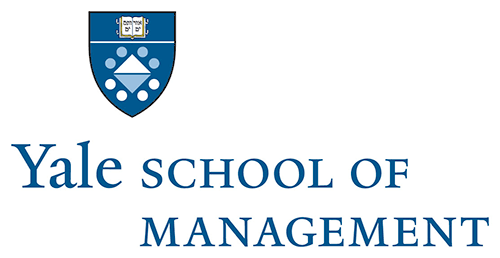BRAIN-TRansversal Assessment of Intermodal New Strategies (BRAIN-TRAINS)
For this Belgian Research Action through Interdisciplinary Networks, HEC-ULg offers a PhD fellowship starting in March 2014.
BRAIN-TRAINS is a four-year project (2014-2018) with the University of Antwerp.
The objective of BRAIN-TRAINS is to determine how rail freight intermodality can be made successful and how it can contribute to solve the related market, society and policy-making challenges. Starting point of the project is the relative weak usage of this mode of transport. The research proposal aims at building new understanding based on existing knowledge, by integrating and approaching the problem from an interdisciplinary perspective. It tackles various issues which are still scientifically unresolved, for both policy-makers and the transport sector.
HEC-ULg’s main work is on the design and the management of intermodal transport services networks. To do that, road, rail and transhipment costs can be based on models for calculating operational and external costs of intermodal and road freight transportation networks. These costs include different components such as personnel, energy, stock depreciation and maintenance, and rail infrastructure charges, but also delays through e.g. customs procedures. External costs include local and global air pollution, congestion, noise pollution, and traffic accidents. In order to reflect the real impact of transportation on the environment, those costs will be incorporated into our models, in interaction with the outputs of the other partners of the project. Secondly, our research will look into the economic improvements that an intermodal services network may bring by a better use of its modal networks and an optimal distribution of the flows on these networks. More precisely, given a group of demands characterized by their removal points, their delivery points, the physical properties of the goods and the times intervals for removal and delivery, transport chains have to be defined between the removal and delivery points.
The approach comes under the operations research domain and the mathematical optimization. Design and management of intermodal transport services networks problems are complex inherently, in regards to the multiplicity of the objectives, of the constraints and of the parameters. In addition, taking into account external costs due to emissions might imply the development of non-linear optimization models.
Candidate Profile:
– Quantitative skills
– Linear and Nonlinear Optimization
– Java
– Strong academic record
– Good knowledge of English
– Good drafting ability required
– Initiative
– Motivation
Contact: sabine.limbourg@ulg.ac.be



